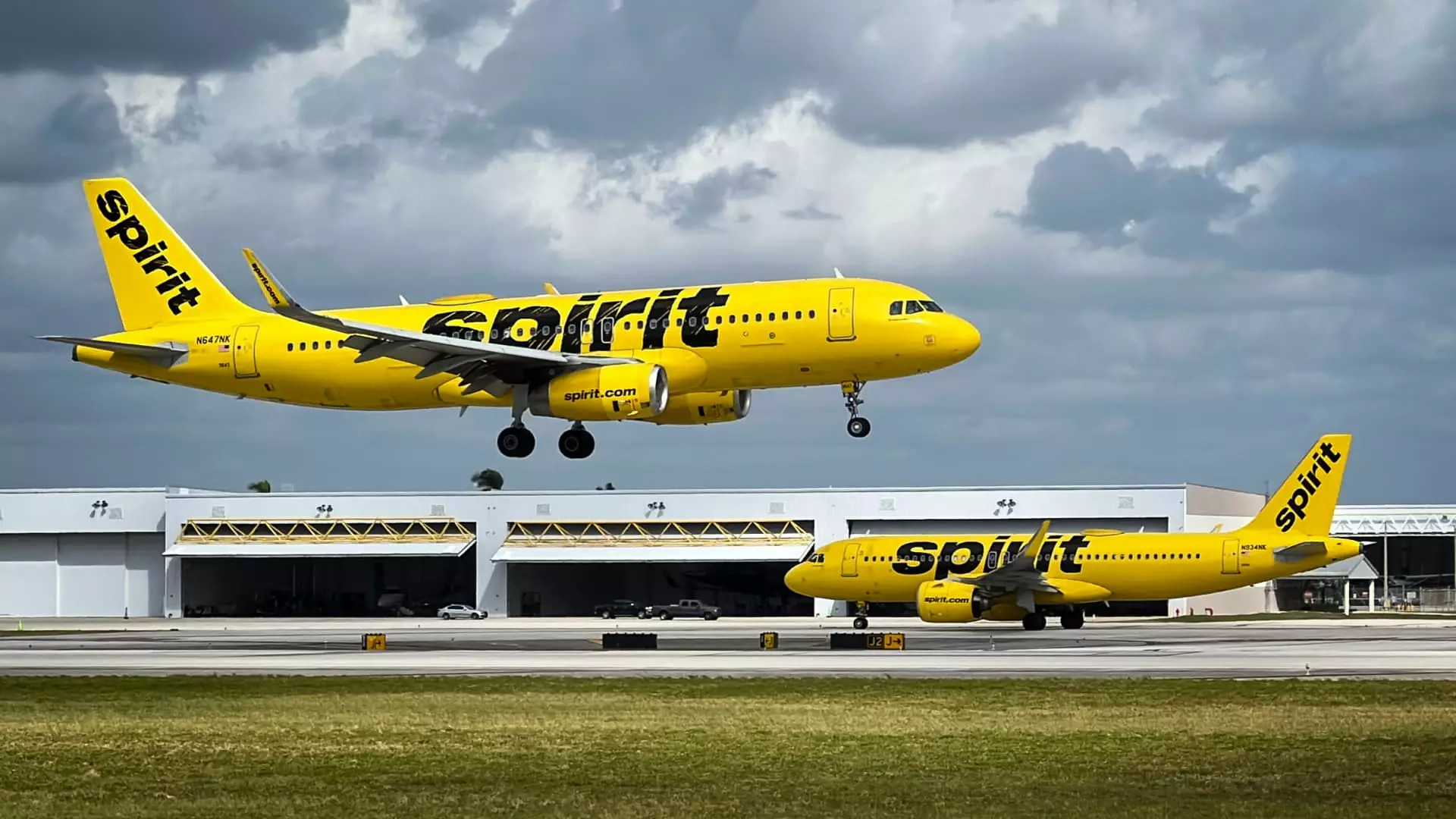The recent escalation of violence in Haiti has led to significant repercussions for civil aviation, prompting the Federal Aviation Administration (FAA) to implement an emergency ban on U.S. civilian flights to and from the nation. Triggered by an alarming incident involving a Spirit Airlines aircraft that was struck by gunfire while attempting to land in Port-au-Prince, this decision reflects the increasing dangers faced by airlines operating in unstable regions.
On a seemingly routine flight from Fort Lauderdale, Florida, to Port-au-Prince, Spirit Airlines Flight 951 encountered a life-threatening situation when it was damaged by gunfire. Following this event, the aircraft was forced to divert to Santiago, Dominican Republic. Fortunately, the airline reported that while one flight attendant sustained minor injuries, no passengers were harmed. This incident starkly illustrated the penetrating issue of safety for civil aviation in Haiti, where violence has surged amidst political unrest and economic turmoil.
In response to the imminent dangers highlighted by the gunfire incidents, major U.S. airlines have adjusted their operations dramatically. American Airlines confirmed that one of its flights from Port-au-Prince to Miami also encountered gunfire but managed to land safely without any injuries. Yet, the airline’s announcement of suspending its flights into the Haitian capital reflects a growing concern for staff and passenger safety. Similarly, JetBlue Airways has also paused its services to Haiti, further indicating the widespread recognition of the risk involved in flying to this volatile area.
The FAA’s recent measures not only enforce a temporary ban on flights to and from Haiti but also restrict U.S. aircraft from flying below 10,000 feet within Haitian airspace. This restriction aims to enhance safety protocols for flights traversing a region that has seen a dramatic increase in armed violence. Such measures indicate the FAA’s proactive stance in safeguarding U.S. air travelers while acknowledging the broader implications of safety and security in international routing.
The implications of these restrictions extend beyond aviation safety, reflecting the humanitarian crisis in Haiti. The inability for civilians to travel will have a domino effect on families, businesses, and the economy which is already under duress. Travel restrictions can drastically affect local economies that depend on remittances and tourism, showcasing a complex interplay between security, safety, and economic viability.
As the situation in Haiti continues to evolve, it poses a multifaceted challenge for the aviation industry. The FAA and airlines must balance operational necessities with the safety and well-being of passengers and crew. The suspension of flights may be a temporary measure, but it underscores the ongoing instability in Haiti, serving as a reminder of the critical need for diplomatic and social intervention to restore peace and safety in the region. Continued vigilance and assessment are essential to ensure that air travel can return to normal without compromising safety.


Leave a Reply